Ghana has received a call to proactively prepare for potential crises to avoid finding itself in a situation similar to that of its neighbour, Burkina Faso.
Recent attacks and persecution against civilians in Burkina Faso have resulted in the displacement of tens of thousands of Burkinabés, with children being the most severely affected.
Dr. Julien Ouedraogo, Director of Children Believe – Burkina Faso, who added his voice to this call, shared distressing accounts of children being traded as part of peace agreements by some communities in Burkina Faso, which compromises their futures.
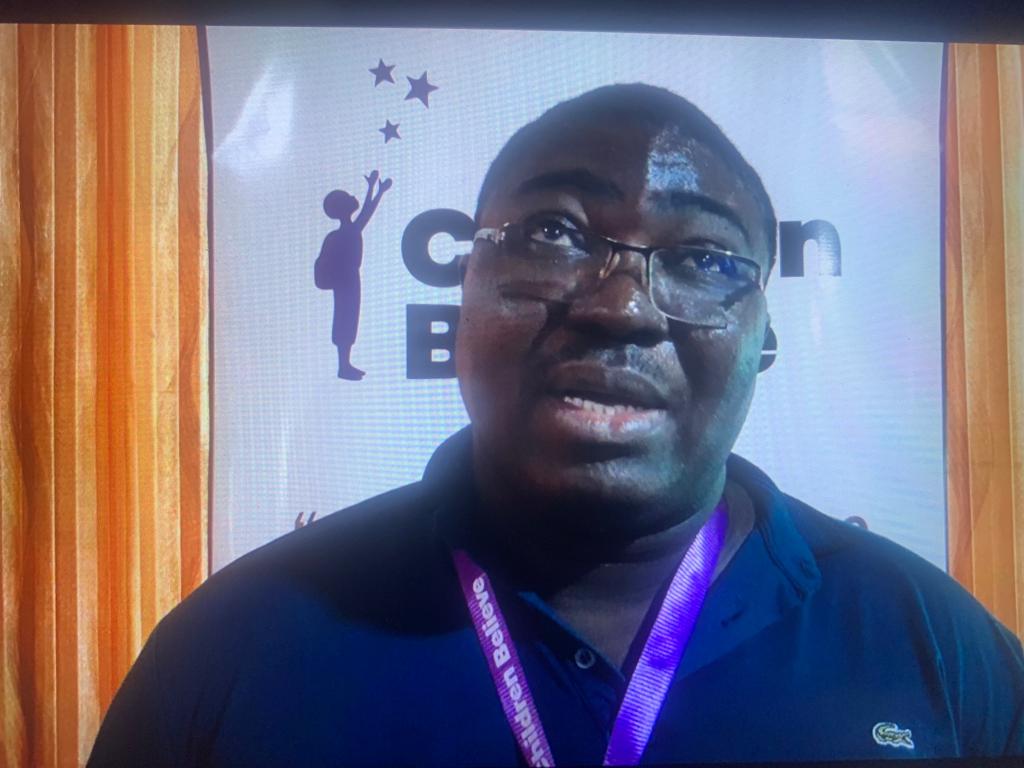
“Currently, over 2,000 Burkinabés have sought refuge in Ghana,” he stated, “and over two million others are internally displaced due to the conflicts.”
Dr. Ouedraogo attributed this crisis to Burkina Faso’s failure to develop an extensive humanitarian plan to address the needs of these children. Consequently, he urged the Ghanaian government to take immediate measures to prevent similar incidents from happening in the future.
Dr. Ouedraogo made these remarks during a three-day training organized by Children Believe, focusing on humanitarian response and child protection for public sector workers who directly engage with children.
The training aims to prepare the country for various humanitarian challenges it may face in the coming days.
Esenam Kavi DeSouza, Country Director for Children Believe, emphasized that the training positions stakeholders for not only conflict but also for any humanitarian situation that Ghana may confront.
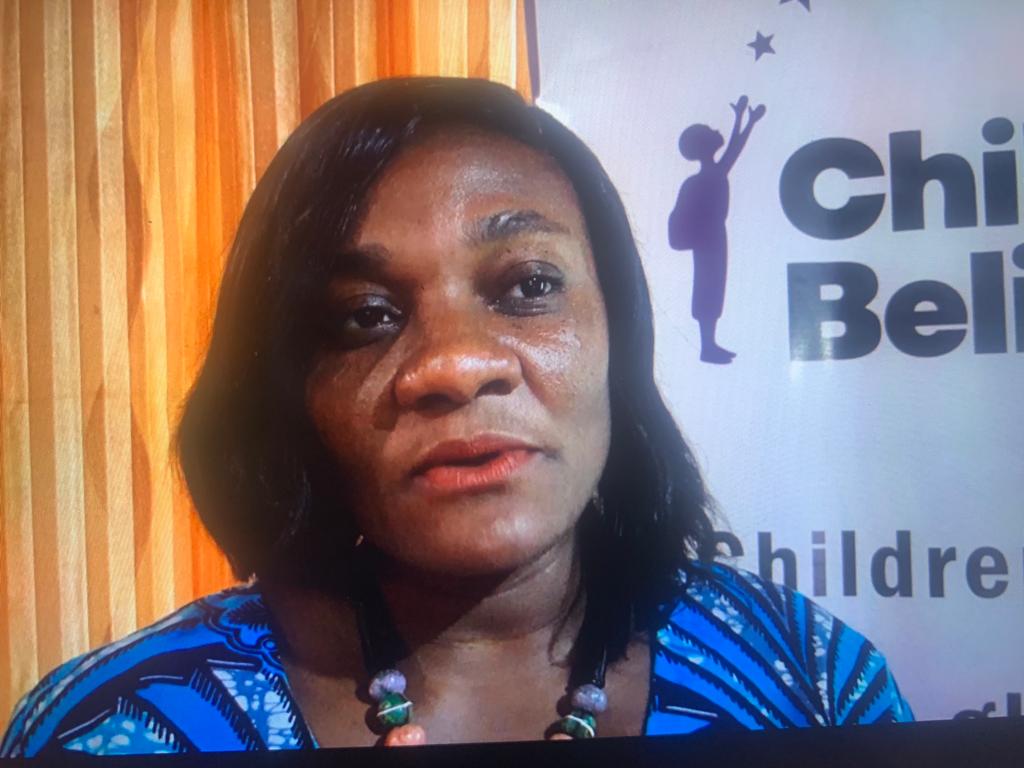
She stressed the need to build the capacities of key stakeholders to prioritize the needs of Ghanaian children, especially during times of crisis when they are most vulnerable.
The Regional Director of the Department of Community Development in the North East region echoed the call for a robust response mechanism to mitigate the impact of conflicts and humanitarian disasters that Ghana may face.
He also emphasized the importance of economic empowerment, particularly for remote communities, to protect children who are at risk of being lured by terrorist groups.














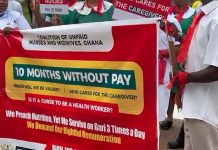



















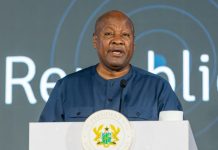
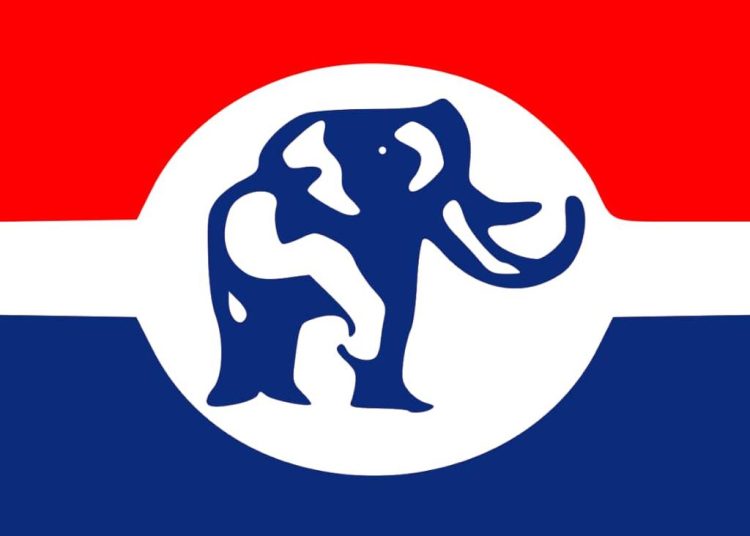















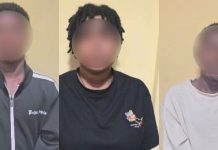

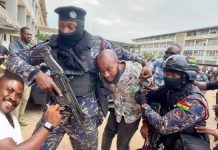
![[FREE FREE MONEY] Predict and Win a Guaranteed GH¢200 From Us EVERY WEEK](https://wordpress.ghanatalksradio.com/wp-content/uploads/2022/02/Predict-and-Win-Final-09-03-2021-218x150.jpg)
![[Predict & Win – 8th/Oct.] WIN A Guaranteed ¢200 From Us This Week](https://wordpress.ghanatalksradio.com/wp-content/uploads/2021/10/maxresdefault-16-218x150.jpg)
![[Predict & Win – 2nd] WIN A Guaranteed ¢200 From Us This Week](https://wordpress.ghanatalksradio.com/wp-content/uploads/2021/09/maxresdefault-50-218x150.jpg)
![[Predict & Win – 25th] WIN A Guaranteed ¢200 From Us This Week](https://wordpress.ghanatalksradio.com/wp-content/uploads/2021/09/maxresdefault-36-218x150.jpg)
![[Predict & Win – 18th] WIN A Guaranteed ¢200 From Us This Week](https://wordpress.ghanatalksradio.com/wp-content/uploads/2021/09/maxresdefault-23-218x150.jpg)








![[National cathedral] See full list of churches that have contributed since 2018](https://wordpress.ghanatalksradio.com/wp-content/uploads/2020/09/Ghana-National-Cathedral-GhanaTalksRadio-100x70.jpg)



